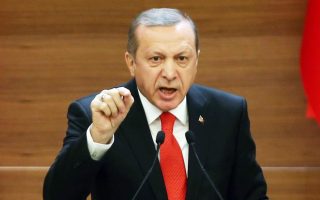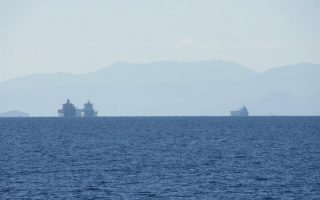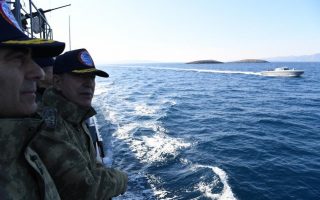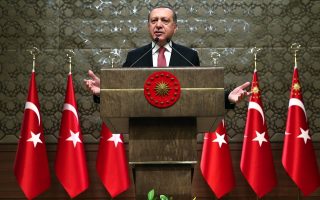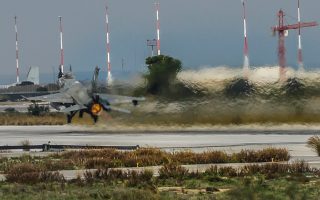Geopolitical responsibilities
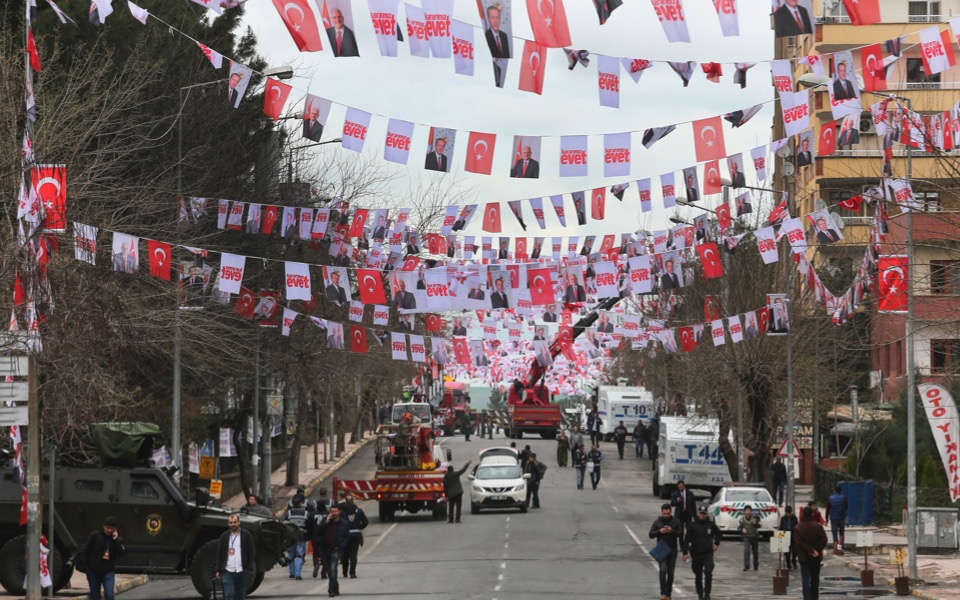
Turkey’s strategic importance is being openly challenged. Leaders and analysts from both sides of the Atlantic believe that Turkey has embarked on a path which is impossible to interpret even at the best of times. Turkey continues, of course, to be a very big country in a crucial geostrategic location, with important business operations.
What has been lost is trust. The deep state, with whom the US Pentagon has been in touch for decades, has been rendered toothless and Erdogan’s uncontrolled authoritarianism is annoying everyone. Israel, once a staunch ally, has now distanced itself and treats Turkey with suspicion. It is clear that there have been developments in the background that have caused a deep rift.
Greece could potentially fill this apparent gap, but it depends on how willing it is to play ball. Greek politicians have become accustomed to over-stating the country’s geostrategic assets, forgetting that what you have is not as important as what you do with it. The government, with Israel’s backing, has entered a strategic dialogue with the US that could lead to a practical outcome. Achieving a long-term agreement over the base in Souda would allow the Americans to upgrade the facility using funds for infrastructure. This is only one of several ideas and scenarios being discussed.
Washington is already making plans for the event that Turkey leaves NATO or closes the Incirlik Air Base. If this happens, it will be the first time since World War II that Greece will have to deal with a Turkey that is outside the western alliance or possibly even in a competing one. An old and experienced diplomat once said it would be good for us to be in different camps. The scenario is improbable but not impossible. However, great caution needs to be exercised in the meantime, as Washington and some Europeans will work hard to keep Turkey as an ally.
One look at the map shows us that Greece is the last frontier against terrorism, the uncontrolled wave of migrants and refugees, and a region that is turning into a black hole. Greece is a country on the West’s front line and may be called upon to actively assume that role. It will take strong political will and consensus for this game to be played. Such roles and missions are no joke when for decades you’ve been too scared to send a single military police officer to Afghanistan. If Greece chooses to assume this role, it will make enemies and open itself up to new risks such as, for instance, becoming a target of Islamic fundamentalism.
Developments are rapid and time to make a decision is running out.
